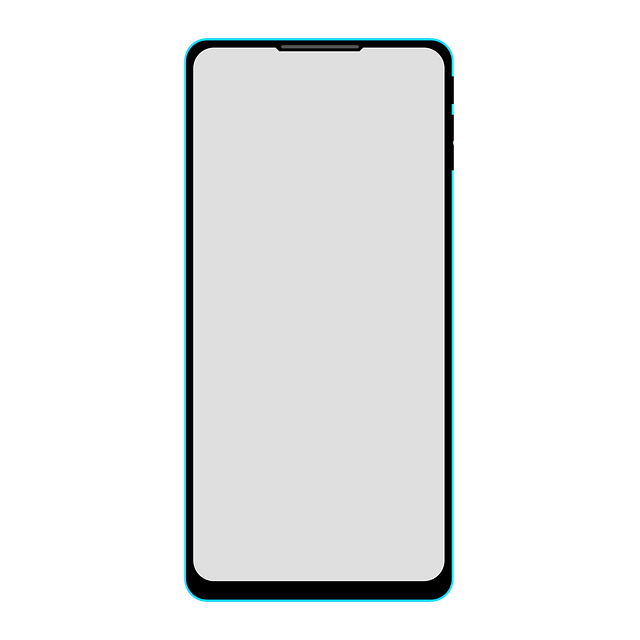Spam text lawsuits in South Carolina are on the rise due to consumer frustration with unsolicited marketing messages, driven by strict consumer protection laws, a high mobile phone user base, and an increasingly digital landscape. Residents can take legal action under state and federal regulations, such as the Consumer Protection Act (CPA) and Telemarketing Consumer Protection Act (TCPA), against businesses engaging in deceptive or harassing practices. In Charleston, spammers target residents with automated messages and scams, making it vital for both businesses and individuals to protect against spam to avoid legal issues, maintain customer trust, and safeguard personal data. Preventive measures include registering on Do Not Call lists, using phone service provider spam blocking features, understanding local laws, and documenting persistent or harassing spam texts for potential legal action.
Spam text lawsuits are on the rise in Charleston, South Carolina, reflecting a broader national trend. This surge highlights the increasing complexity of consumer protection laws, particularly against unwanted telemarketing messages. In this article, we explore the rising tide of spam text cases in South Carolina, focusing on trends, legal frameworks, common types of cases, and how both businesses and individuals can protect themselves. Understanding these dynamics is crucial for navigating the evolving landscape of spam text regulations in Charleston.
Understanding Spam Text Lawsuit Trends in South Carolina

In recent years, the frequency and severity of spam text lawsuits in South Carolina have been on a notable rise, reflecting a growing trend across the nation. These legal actions are driven primarily by consumers fed up with unsolicited and intrusive marketing messages, often containing malicious links or promoting dubious products. South Carolina’s position as one of the top states for such cases can be attributed to several factors: strict consumer protection laws, a substantial number of mobile phone users, and an increasingly digital landscape where spam text messages proliferate easily.
The state’s legal framework provides robust protections for citizens against deceptive or harassing marketing practices. Consumers who receive unsolicited texts from unknown numbers or companies can take legal action, seeking damages and relief. As technology advances, so does the nature of spam texts, making it imperative for residents to remain vigilant and informed about their rights. Staying updated on recent developments in spam text lawsuit trends is crucial for both businesses operating in South Carolina and consumers alike.
The Legal Framework: Consumer Protection Act and Telemarketing

In South Carolina, the fight against spam text messages has gained significant legal traction, with a growing number of residents taking action against unsolicited marketing practices. The state’s Consumer Protection Act (CPA) serves as a crucial weapon in this battle, empowering consumers to take legal recourse against businesses engaging in deceptive or unconscionable acts, including mass texting campaigns. Under the CPA, individuals can file lawsuits for spam text messages, seeking damages and injunctive relief to stop further harassment.
Additionally, federal laws like the Telemarketing Consumer Protection Act (TCPA) complement South Carolina’s state-level protections. The TCPA restricts telemarketers from making certain types of calls or sending texts without prior express consent, further fortifying the legal landscape against spam text messages in Charleston and across the state. These regulatory measures are designed to safeguard residents’ privacy and peace of mind, ensuring that businesses adhere to ethical marketing standards.
Common Types of Spam Text Cases in Charleston

In Charleston, South Carolina, spam text lawsuits are becoming increasingly common as residents find themselves deluged with unsolicited and often deceptive messages. The most prevalent types of spam text cases include marketing and advertising campaigns that use automated systems to send bulk texts promoting various products, services, or events. These messages can range from fake lottery wins to low-interest loans, targeting consumers with misleading promises.
Another notable category is scamming schemes where spammers impersonate local businesses or government agencies, asking for personal information under false pretexts, like winning a prize or requiring urgent payment for non-existent services. Such cases highlight the importance of staying vigilant against these deceptive practices, especially as spammers continually adapt their tactics to target vulnerable individuals within communities like Charleston.
Who's at Risk? Businesses and Individuals Alike

In the realm of digital communication, no one is immune to the growing concern of spam text messages in South Carolina. Whether you’re a bustling business or an individual consumer, everyone in Charleston is at risk. As technology advances, so do the tactics of cybercriminals; they’ve turned their sights on unsolicited and invasive text messaging as a new way to target victims.
Spam text lawsuits are on the rise, not just because of the increasing number of fraudulent messages but also due to the wide-ranging impact it has on people’s lives. Businesses can face legal repercussions for failing to protect customer data or for using aggressive marketing tactics that lead to spam complaints. Meanwhile, individuals often find themselves plagued by annoying and deceptive texts, which can lead to identity theft or financial loss if personal information is compromised.
Preventive Measures and Legal Rights for Residents

In response to the increasing spam text incidents in Charleston, South Carolina, residents have several preventive measures at their disposal. One effective strategy is to register on Do Not Call lists maintained by both state and federal authorities. This national registry prohibits telemarketers from contacting you unless you opt-in, significantly reducing unwanted text messages. Additionally, many phone service providers offer spam blocking features that filter out suspicious or unsolicited texts.
Knowing your legal rights under South Carolina laws is equally crucial. The state’s Consumer Protection Act provides robust protections against deceptive and unfair practices, including spam text messaging. If residents encounter persistent or harassing spam texts, they are advised to document the instances, save relevant messages, and contact local law enforcement or the South Carolina Attorney General’s Office for guidance and potential legal action.






